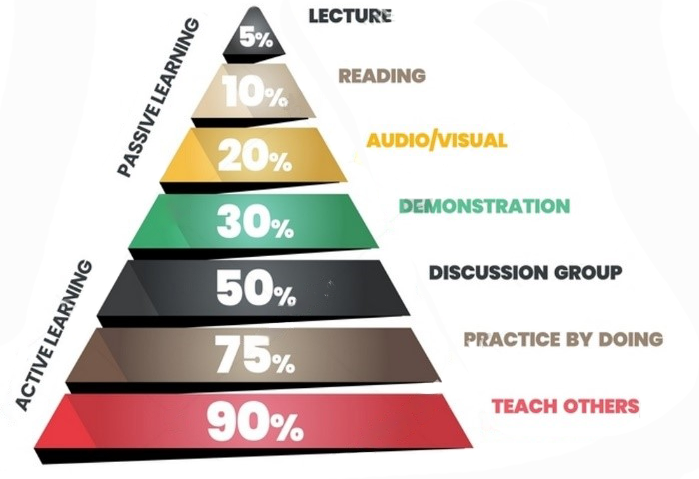
A much better understanding of microeconomic concepts is gained when students apply what they have learned through reading and lecture by managing a firm to maximize profits in a “real life” competitive business environment. Experiential learning provides an excellent opportunity for students to develop their critical thinking skills by going through the decision-making process of observing simulation results, analyzing, planning and then implementing economic theories. .
ECONOMIC CONCEPTS LEARNED BY EXPERIENCE WHILE PLAYING:
- Law of Demand
- Price Elasticity
- Shifts in Demand
- Revenue Maximization
- Monopoly
-
Market Equilibrium
-
Demand & Supply Analysis
-
Perfect Competition
-
Monopolistic Competition
-
Oligopoly & Gaming Theory
-
Short-run Production
-
Short-run Costs
-
Long-run Production
-
Long-run Costs
-
Profit Maximizing Rule
EDUCATIONAL ADVANTAGES:
-
Makes Economics Relevant
-
Captures Student Interest
-
Employs Active Learning
-
Uses Problem-Based Pedagogy
-
Experiential Learning
75% Retention from Practice-by-Doing
LEARNING PYRAMID

